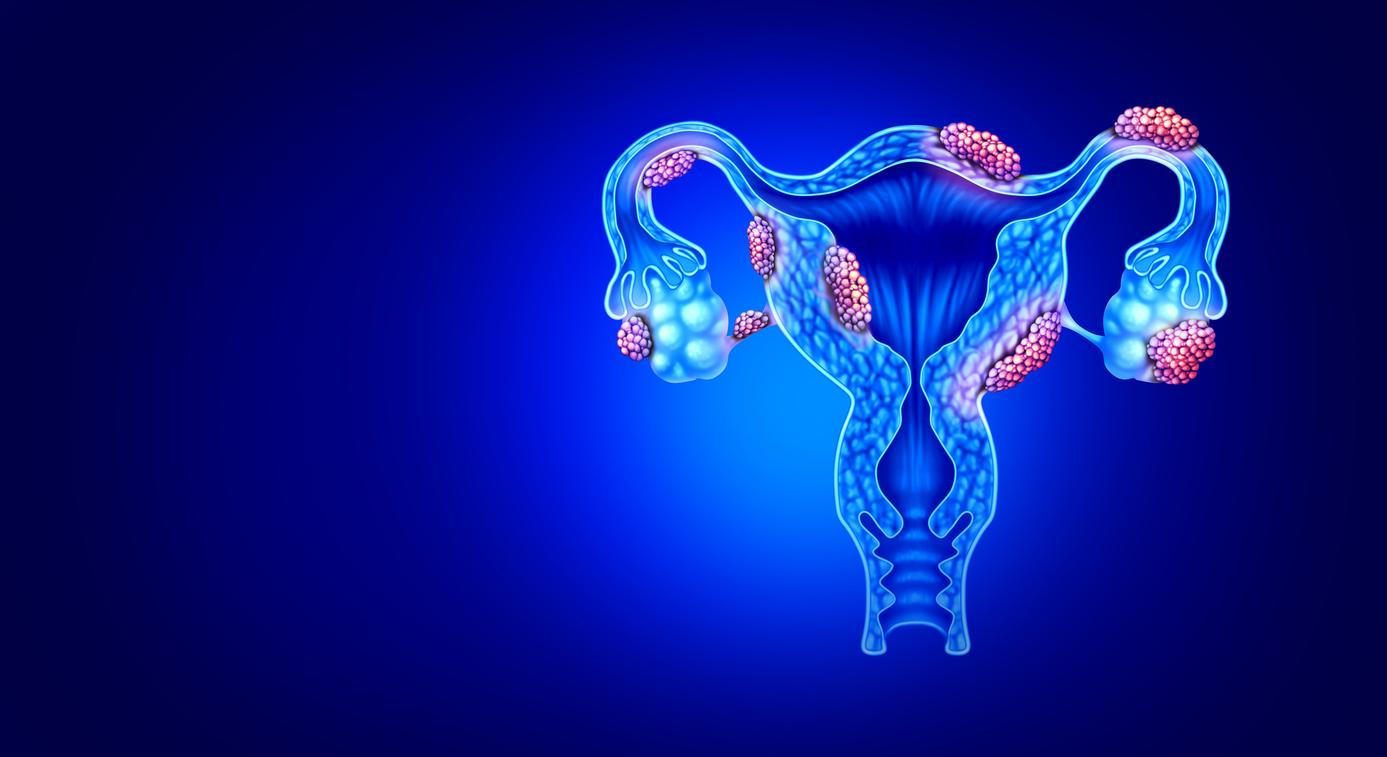A new study highlights the effectiveness of nerve decompression surgery in reducing the frequency and intensity of migraine attacks and the number of headache days.

- Peripheral nerve decompression surgery, which is performed to treat chronic migraine, aims to relieve nerve compression at trigger points in the head and neck.
- According to a recent study, it helps reduce the total number of migraine attacks per month by 8.65 days.
- This operation also reduced the migraine headache index (MHI), which includes the frequency of migraines, the duration and the intensity of attacks.
Peripheral nerve decompression surgery has become an established surgical treatment for chronic migraine and some other neurological causes of headache, such as occipital and supraorbital neuralgia. This procedure aims to relieve nerve compression at trigger points in the head and neck, which are thought to contribute to headaches. “Research typically reports changes in the Migraine Headache Index (MHI), which incorporates migraine frequency, duration, and intensity of attacks. However, the neurological literature focuses on the number of migraine days per month.”said researchers from Ohio State University Wexner Medical Center (USA).
About 14 fewer migraine days per month thanks to nerve decompression surgery
In a study published in the journal Plastic & Reconstructive Surgerythey decided to promote communication between surgeons and neurologists by evaluating the effect of nerve decompression surgery on the number of headache days. To carry out their work, the team reviewed 19 research studies on headache surgery and providing information on the number of migraine days per month. The cohorts, which were carried out between 2005 and 2020, included a total of 1,603 patients.
Of the eight studies that assessed the number of migraine days per month before and after nerve decompression surgery, six showed a significant reduction in the number of migraine attack days. Patients had an average of 14.11 fewer migraine days per month. Based on 12 studies, the total number of migraine attacks decreased by 8.65 days per month. Another finding was an average reduction of 76.59 points (out of a maximum of 300 points) in the total Migraine Headache Index score. “These include an improvement in migraine intensity, which decreased by an average of 3.84 points (on a scale of 0 to 10), and in the duration of attacks, which decreased by 11.80 hours per month.”
Future studies should “include data on monthly migraine days”
“Our study provides new evidence that headache surgery improves multiple outcomes, providing a more comprehensive assessment of headache surgery outcomes. (…) Future headache surgery research should routinely include data on monthly migraine days, to better compare the outcomes of surgical and medical treatments,” concluded Jeffrey E. Janisco-author of the work.



















